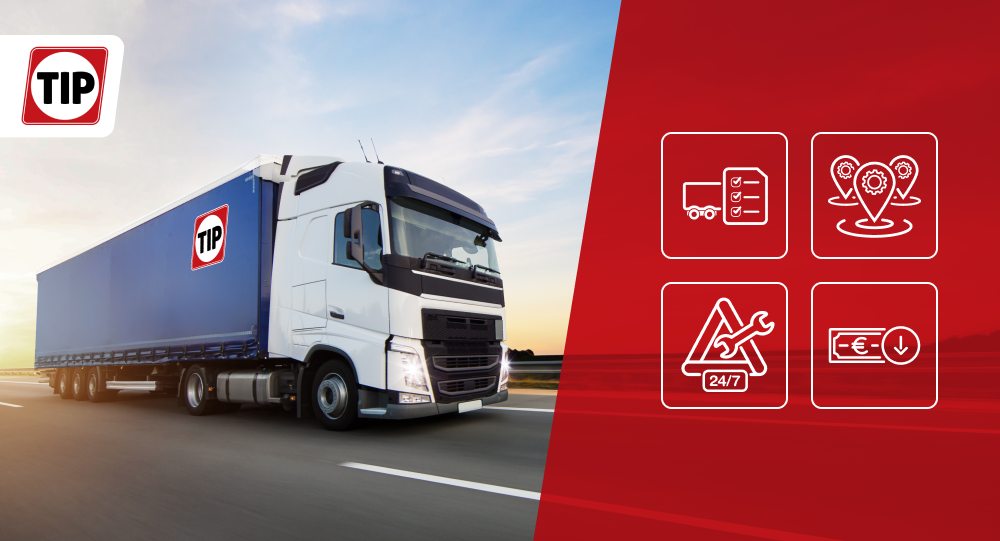Leasing trucks & trailers; an agile response to acquiring new assets
While the transportation industry remains an essential part of the economy, it is one that is constantly changing. Technological developments, ever-changing legal and environmental requirements and the ever-increasing expectations of consumers are all factors that impact transportation and the assets that carry goods around the nation.
It can be argued that it is more important than ever for transport operators and logistics service providers to have as much flexibility as possible when it comes to the assets that make up their fleet and for them to focus on the core operations of their business. Both can be achieved by leasing transportation equipment such as trucks and trailers on a long-term basis, perhaps supported with a little short-term rental here and there, to provide further flexibility.

Flexibility through leasing
Flexibility can be achieved, for example, by leasing new assets to the latest specifications available, which incorporate the latest advancements in technology, such as telematics equipment, whilst having the potential to upgrade further when the current leasing period ends. Such an approach can contribute to transport operations running efficiently and remaining competitive in their sectors.
Flexibility in business operations may also be achieved by pursuing a leasing approach, as opposed to purchasing, since funds usually reserved for capital investment may be put to good use elsewhere, quite often enabling a more ‘agile’ response to external factors.
Leasing solutions themselves can also be flexible in their structure and provided to transport and logistics businesses to suit their business needs and according to their current and future financial and operational requirements.
That same flexibility, it might be said, cannot be achieved solely with the outright purchase of equipment. Doing so not only requires upfront capital investment, but provides unpredictable ongoing running costs to ensure assets remain compliant, safe and legal, assuming a separate maintenance contract has not been arranged.
Maintenance and repair services included
Leasing trailers, trucks and other transportation equipment is usually done with maintenance, repair and even breakdown services provided. These services are typically included in the fixed monthly fee and enable operators to focus on their core business functions without concern for separately budgeting and arranging for such services. Such ‘outsourcing’ of maintenance and repair services, of course, also avoids the need to hire mechanics, run workshops, manage parts inventories and so on. Partnering with a maintenance and repair provider that proactively manages the ‘compliance’ of their assets lends itself to even further focus on their own business.

No risk
Since ownership of leased equipment remains with the business providing the asset(s), any risks that are normally associated with ownership, such as ‘residual value’, are not passed to the company leasing the equipment.
TIP: Managing complexity and providing flexibility
TIP has built strong relationships with its customers for more than 50 years by providing leasing solutions for trailers and heavy goods vehicles that suit their operational and business requirements. A robust nationwide maintenance and repair network underpins the TIP Group (with Grayrentals providing the focus for ‘powered’ vehicles) leasing and rental offering, to ensure customers benefit from the ‘full-service’ lease experience.
For more information about TIP’s leasing options, contact your usual TIP account manager, local branch or complete the simple form here and we’ll be back to you within 48 hours.




